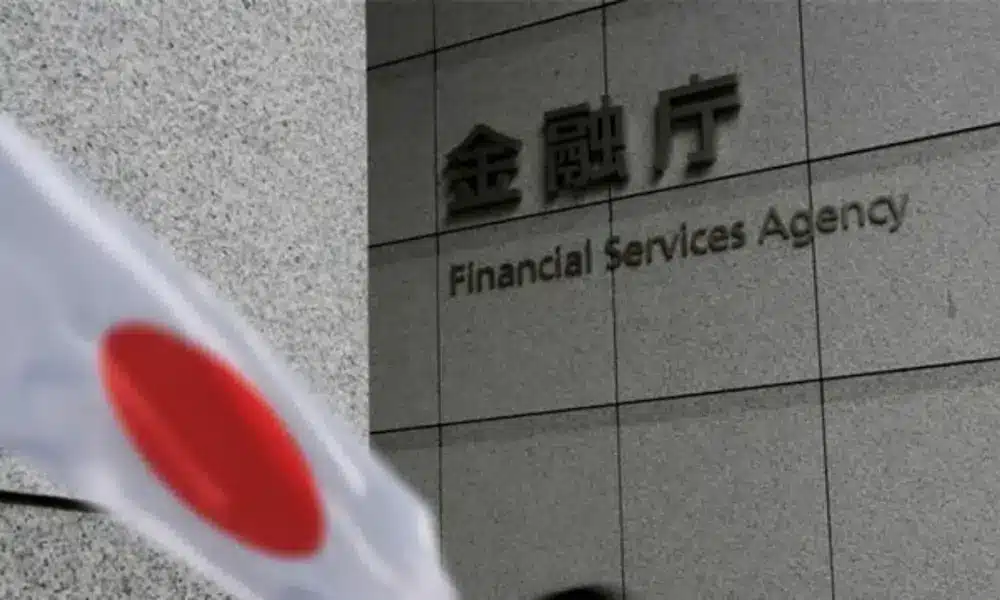- Japan plans major crypto regulation overhaul, including insider trading bans.
- New tax reform could slash crypto traders’ rates to 20%.
- Banks may soon be allowed to hold cryptocurrencies in Japan.
Japan’s Financial Services Agency (FSA) is preparing to introduce sweeping changes to the country’s cryptocurrency regulations. According to recent reports, the FSA plans to classify digital assets as “financial products” under the Financial Instruments and Exchange Act.
This move will bring 105 cryptocurrencies listed on domestic exchanges under new oversight, requiring mandatory disclosures about the issuer, underlying blockchain technology, and volatility profiles of each asset.
In a significant step towards transparency, the proposal also includes insider trading regulations for the first time in the Japanese crypto market. This would prohibit individuals or entities with access to non-public information—such as upcoming token listings or financial distress from trading affected assets.
The FSA aims to ensure a fairer market and closer alignment with traditional financial regulations.
Also Read: Dunamu Reports Massive Profit Surge Amid Growing Crypto Markets
The proposed changes are set to be presented to Japan’s parliament in 2026 for approval, with the hope of creating a more secure environment for cryptocurrency exchanges and traders alike. If passed, these new regulations would elevate the legal framework surrounding digital assets in the country.
Tax Reforms on the Horizon for Crypto Gains
Along with regulatory changes, the FSA is pushing for a major tax overhaul. Currently, crypto earnings are taxed as “miscellaneous income,” leading to tax rates as high as 55% for large gains. Under the new proposal, the FSA plans to impose a flat 20% capital gains tax on profits from the 105 approved cryptocurrencies.
This new tax structure would bring crypto taxation more in line with traditional stock investments, potentially making Japan a more attractive destination for crypto traders.
Furthermore, the FSA is reconsidering the ban on banks holding cryptocurrencies, which has been in place due to concerns over volatility. There are also discussions about allowing banks to register as licensed cryptocurrency exchanges, providing a direct channel for customers to trade and store digital assets.
These proposed changes indicate Japan’s intent to refine its approach to cryptocurrency, balancing regulation with market growth. If implemented, this new framework could solidify Japan’s position as a global leader in crypto regulation.
Also Read: Massive XRP Move: 716 $1,000,000 Transactions in One Day – What is Going On?
